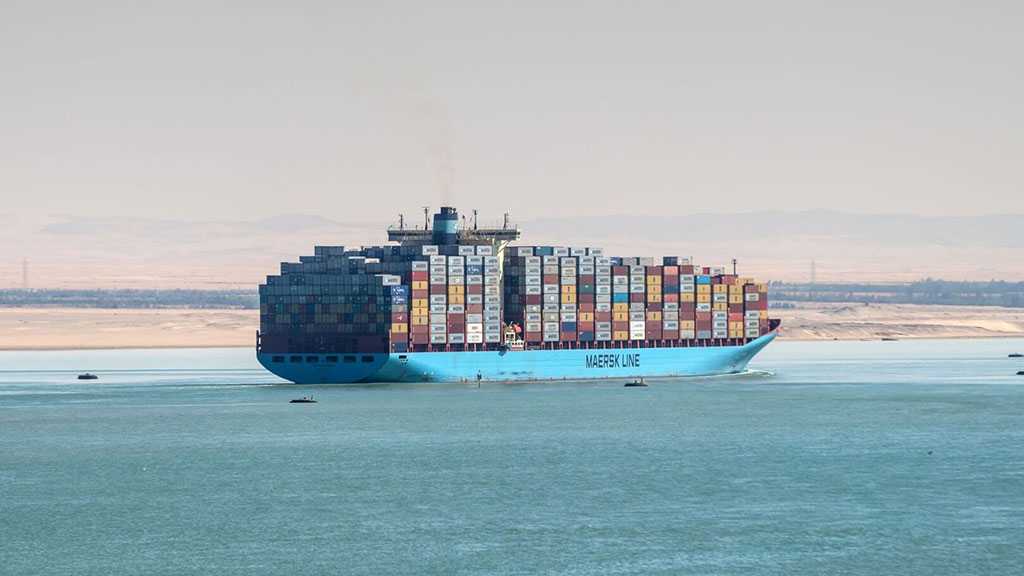America’s Red Sea Dilemma: A Superpower’s Unexpected Challenge

By Fatima Haydar
The Middle East has been a hotbed of surprises lately, but while everyone's been fixated on the “Israel”-Hamas conflict, there's another drama unfolding in the Red Sea. And it's giving the US a real headache.
Enter the Ansarullah, a Yemeni resistance group that most folks couldn't point out on a map a year ago. These guys have suddenly become a thorn in America's side, disrupting global shipping and challenging US influence in a big way.
So, what's the deal? The Ansarullah started causing trouble in late 2023. They've been targeting ships passing through the Bab el-Mandeb strait – a crucial waterway connecting the Red Sea to the Gulf of Aden. Their reason? A mix of supporting the Palestinian Cause and flexing their muscles within Iran's network of allies.
The US response? Operation Prosperity Guardian. Sounds impressive, right? Well, it hasn't quite lived up to its name. Despite sending in destroyers and launching airstrikes, the Americans haven't managed to stop the Ansarullah. These resistance fighters have managed to throw a wrench in global trade, even impacting traffic through the Suez Canal.
This isn't just about some age-old conflict in a far-off place. It's highlighting some new global challenges. The Ansarullah, with their bargain-bin drones and missiles, are punching way above their weight. They're getting a boost from Iran's tech and know-how, and even Russia seems to be cheering them on from the sidelines.
Here's the kicker: the US is in a tight spot. They're spread thin militarily and have other fish to fry. So, they're playing it cautious, avoiding actions that might pour gasoline on an already fiery situation. But this careful approach is letting the Ansarullah keep up their antics without much pushback.
It's not just about ships and trade routes, though. This whole mess is testing the rules of the global playground. The Ansarullah are getting away with disrupting international shipping, and it's setting a worrying precedent. Add to that Russia's actions in Ukraine, and you've got a recipe for a world where might makes right.
President Biden's got his hands full with the “Israel”-Hamas situation and a host of other issues. But this Red Sea problem isn't going away. The current "let's see how it goes" approach might not cut it for long. Whoever's in charge next is going to have a real puzzle to solve: how to reassert American influence in a region that's slipping away.
Bottom line? The Red Sea crisis is more than just a regional hiccup. It's a sign that America's grip on global affairs isn't what it used to be. As the Ansarullah keep stirring the pot, it's becoming clear that the old rules are changing, and not necessarily in America's favor.
Comments
- Related News




